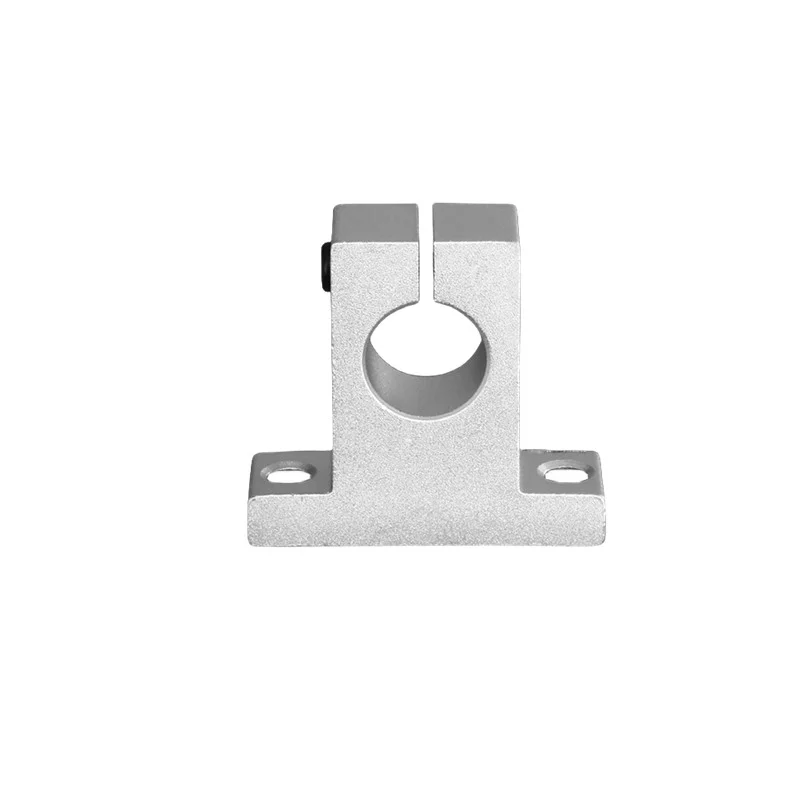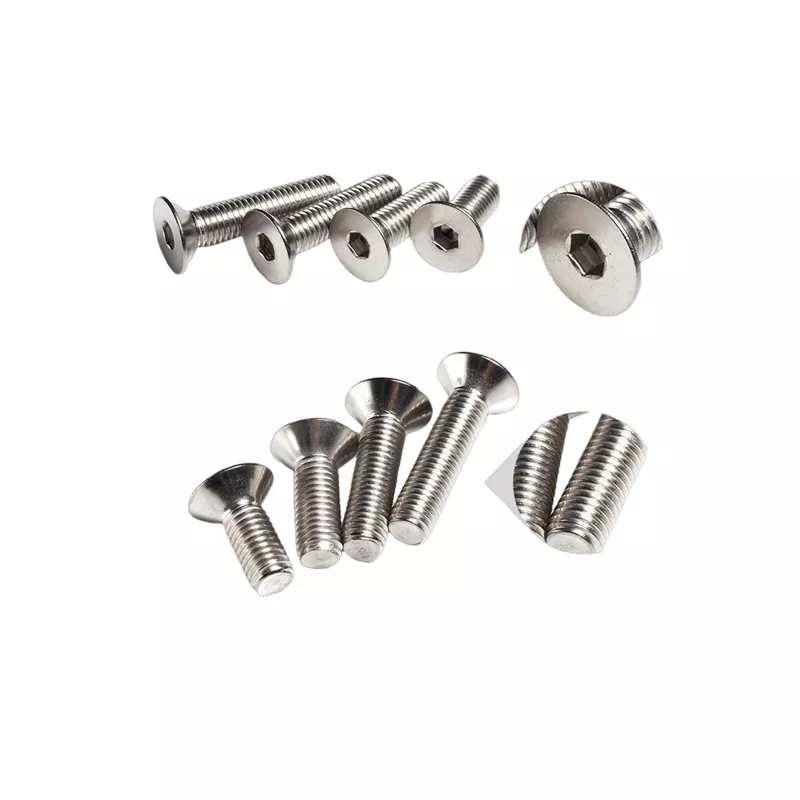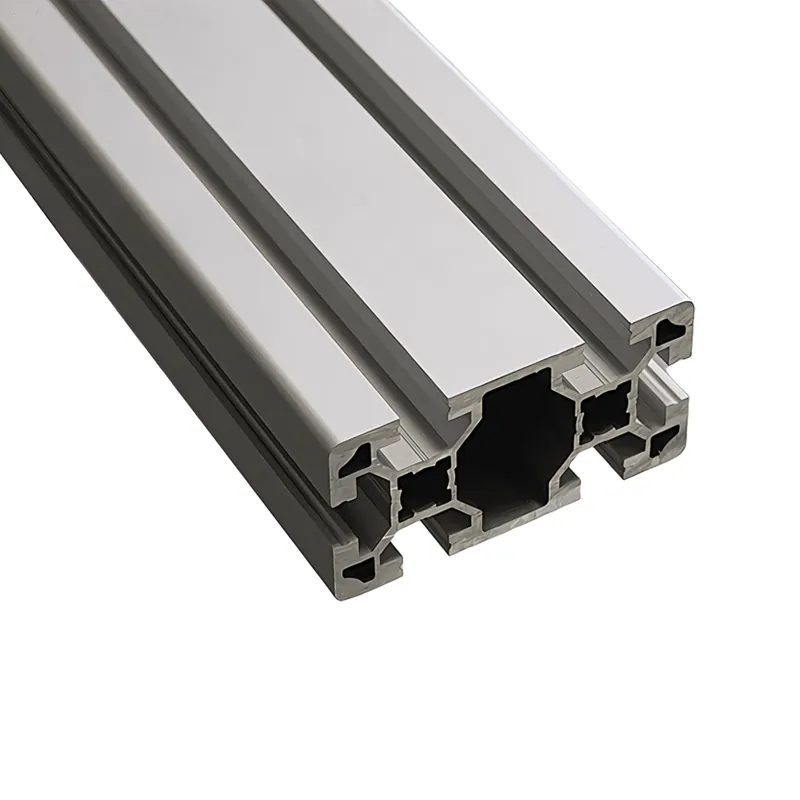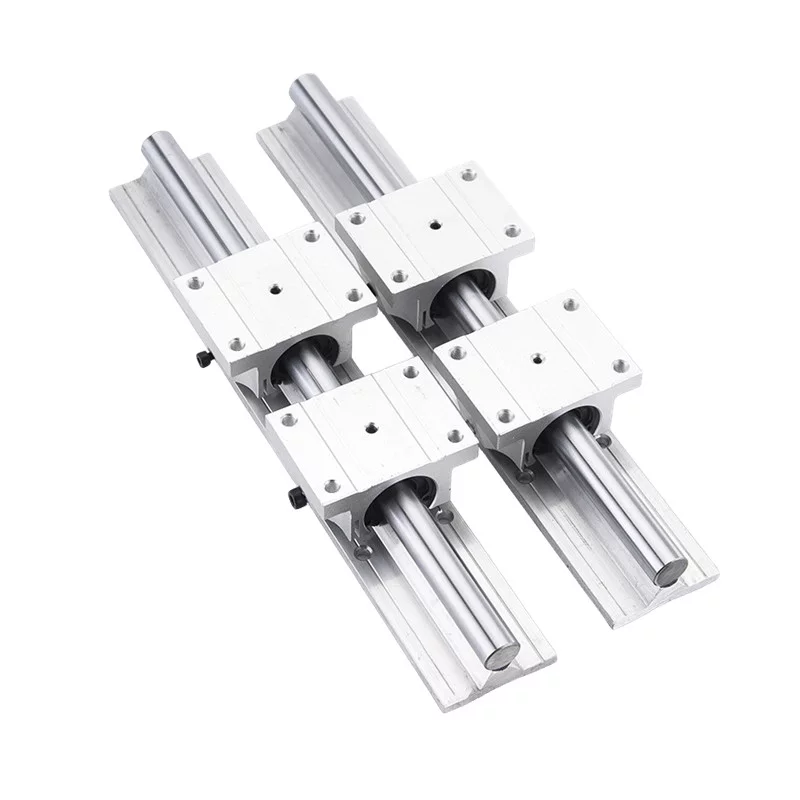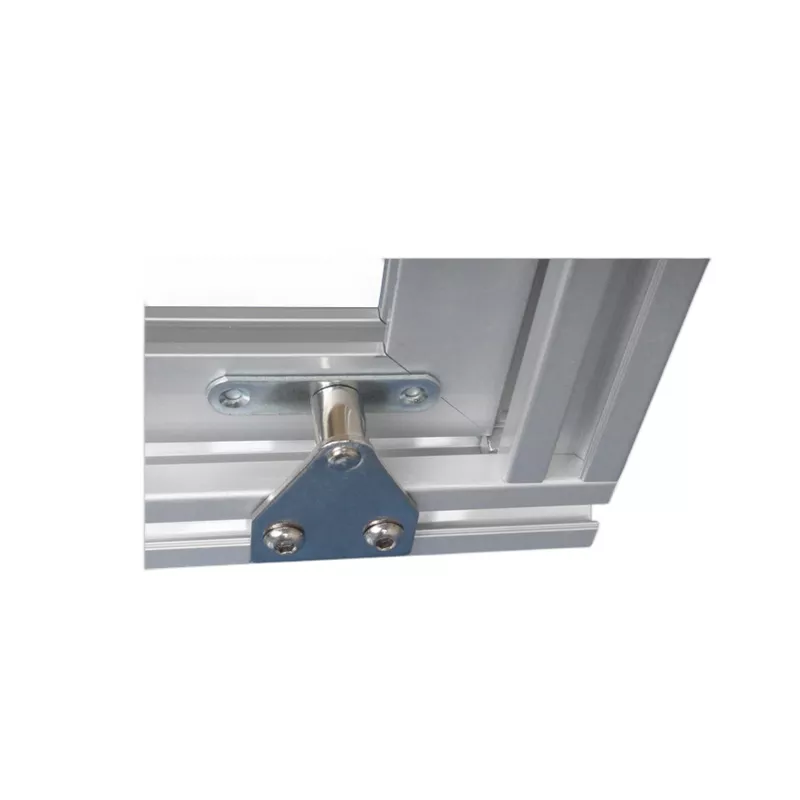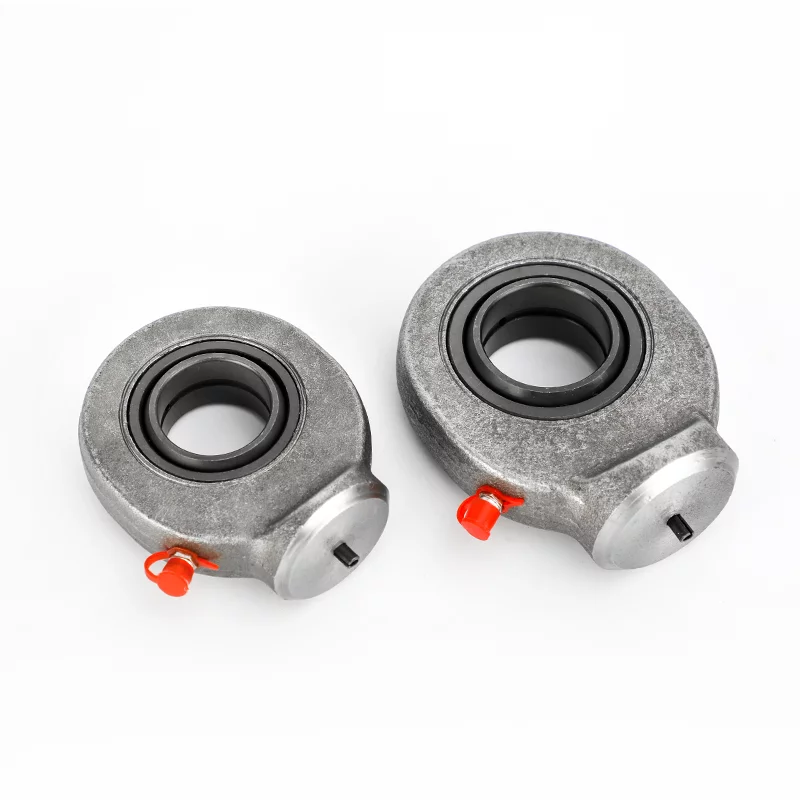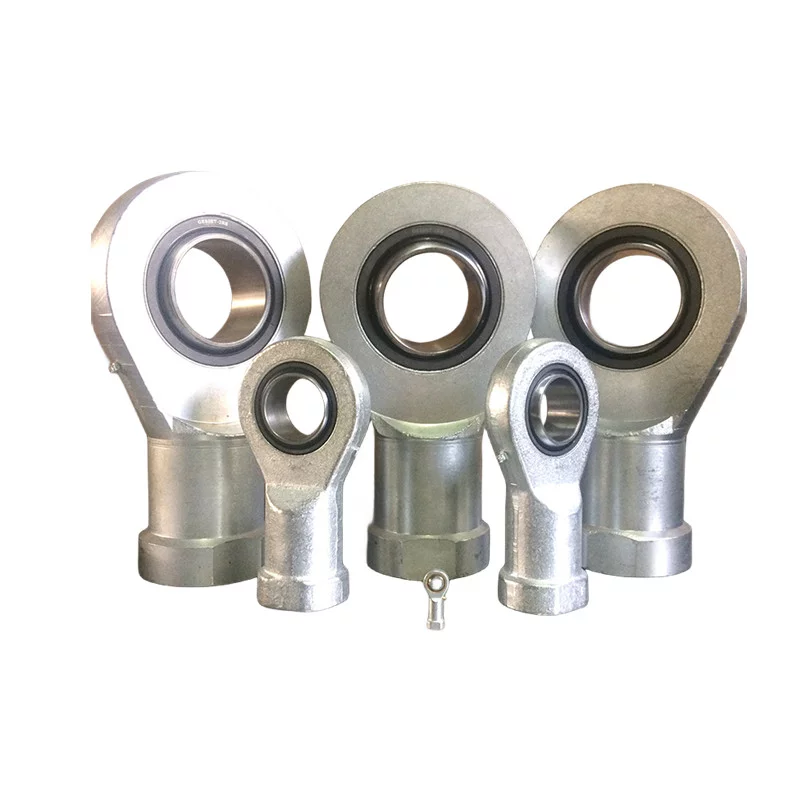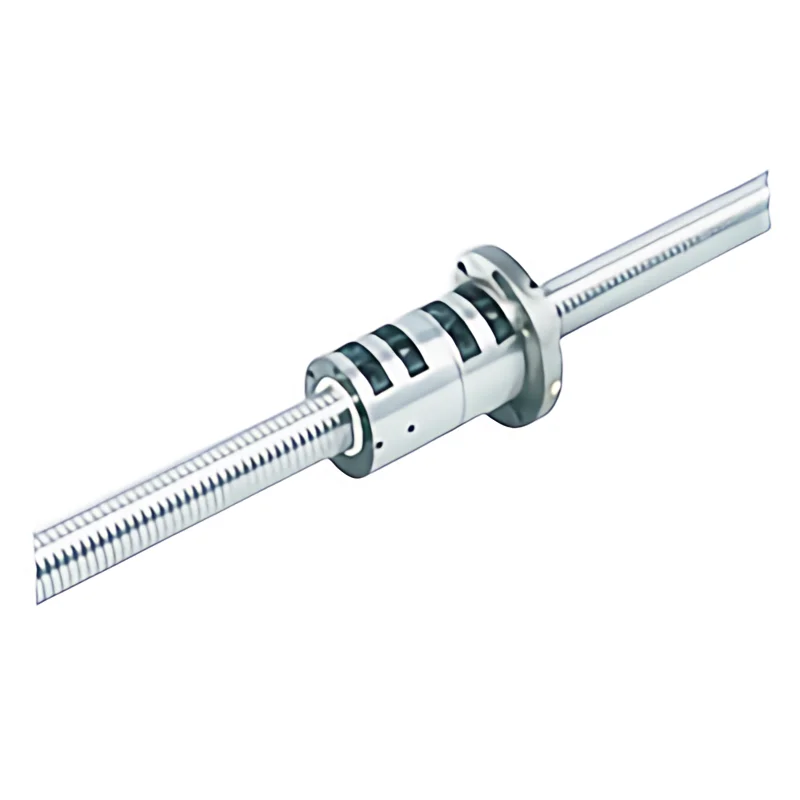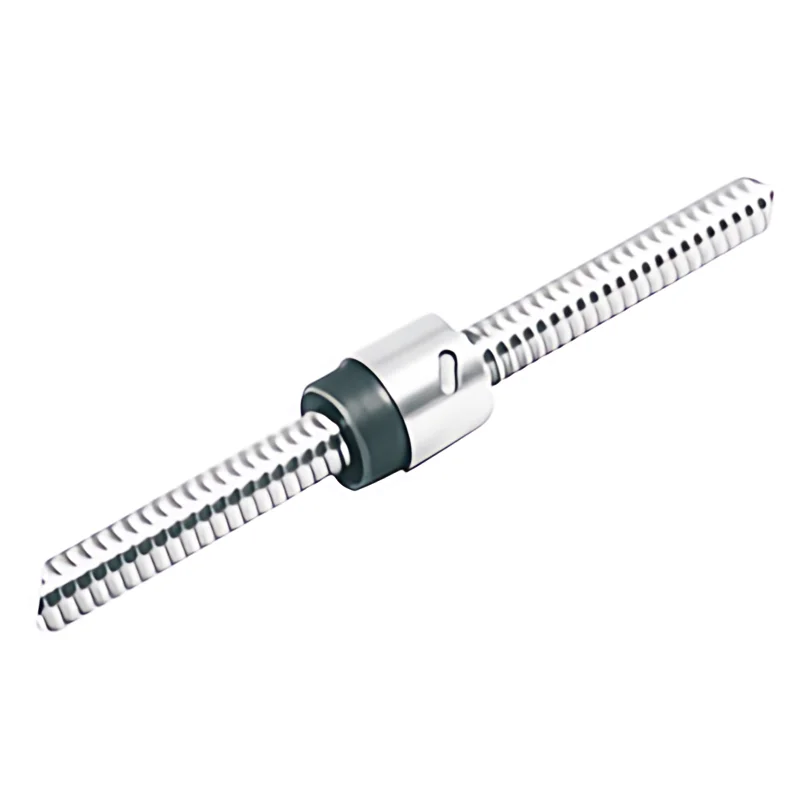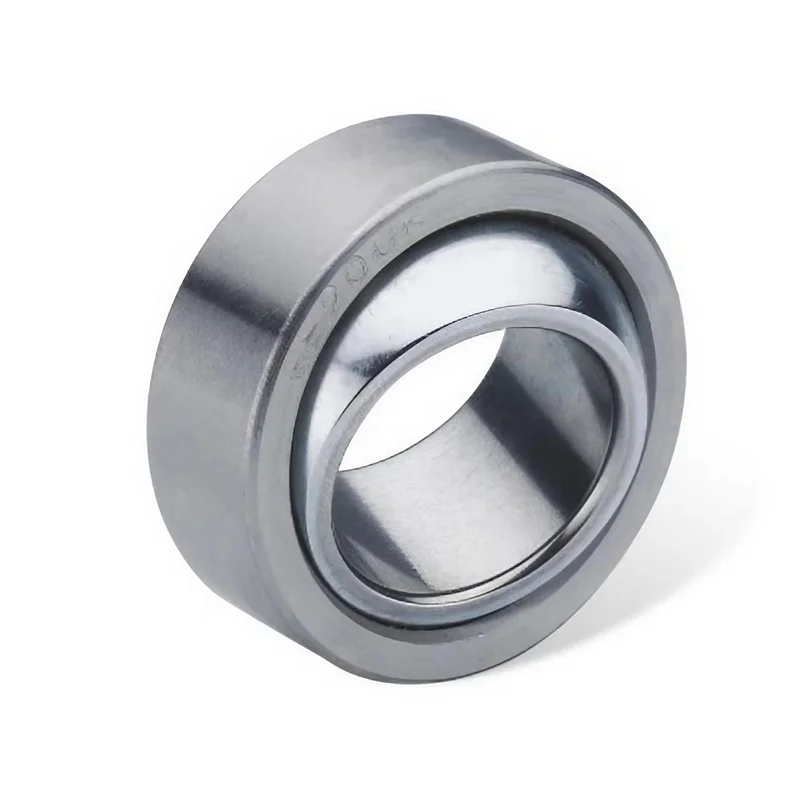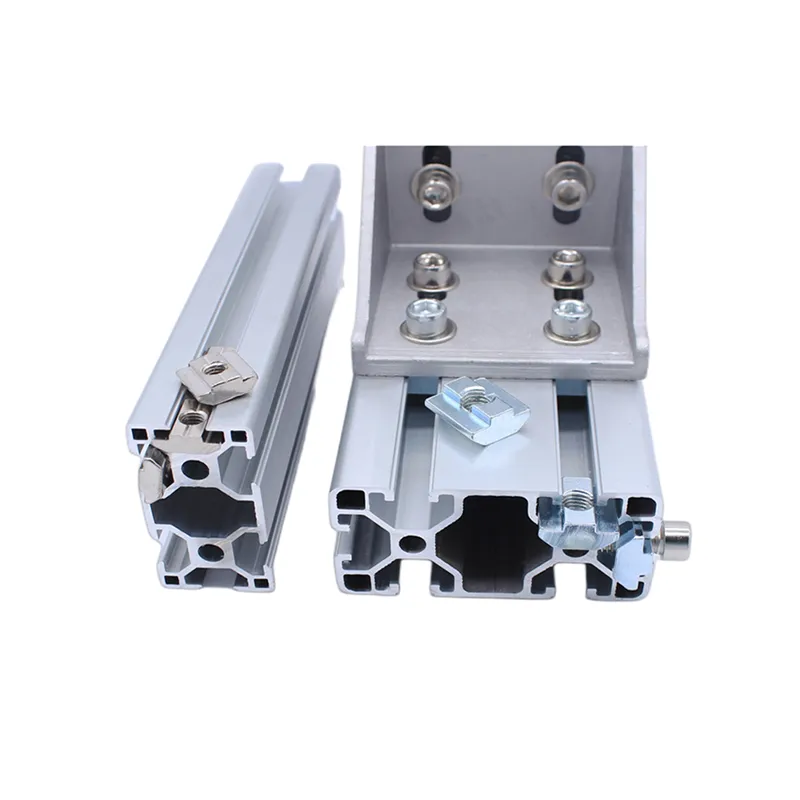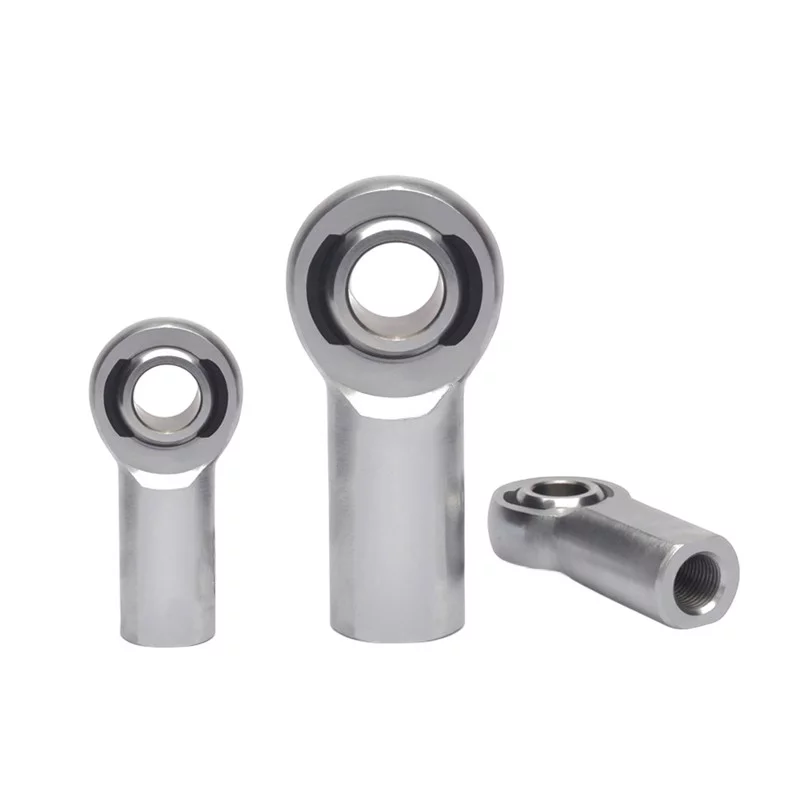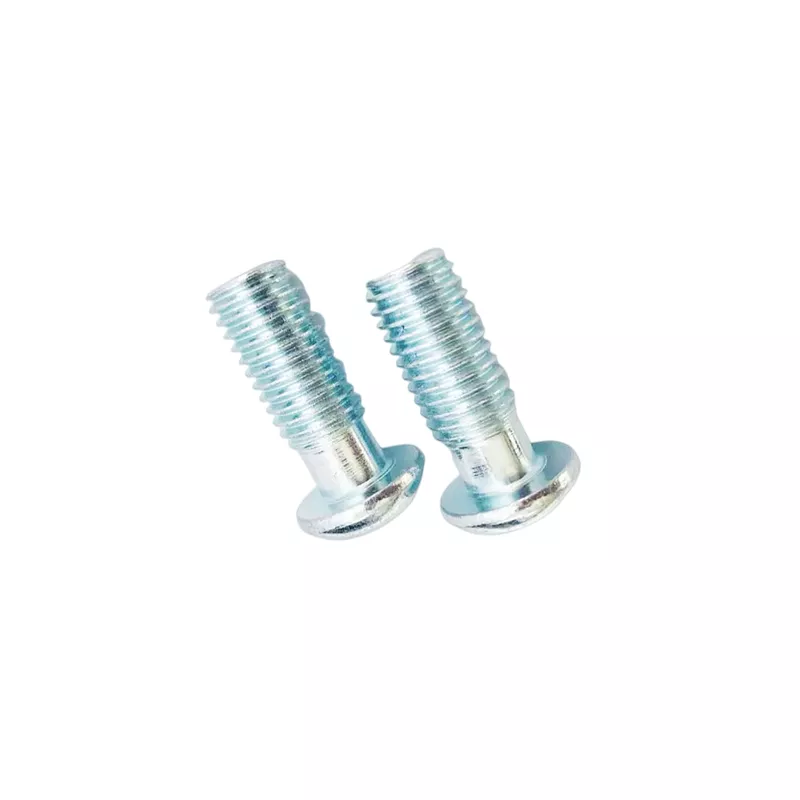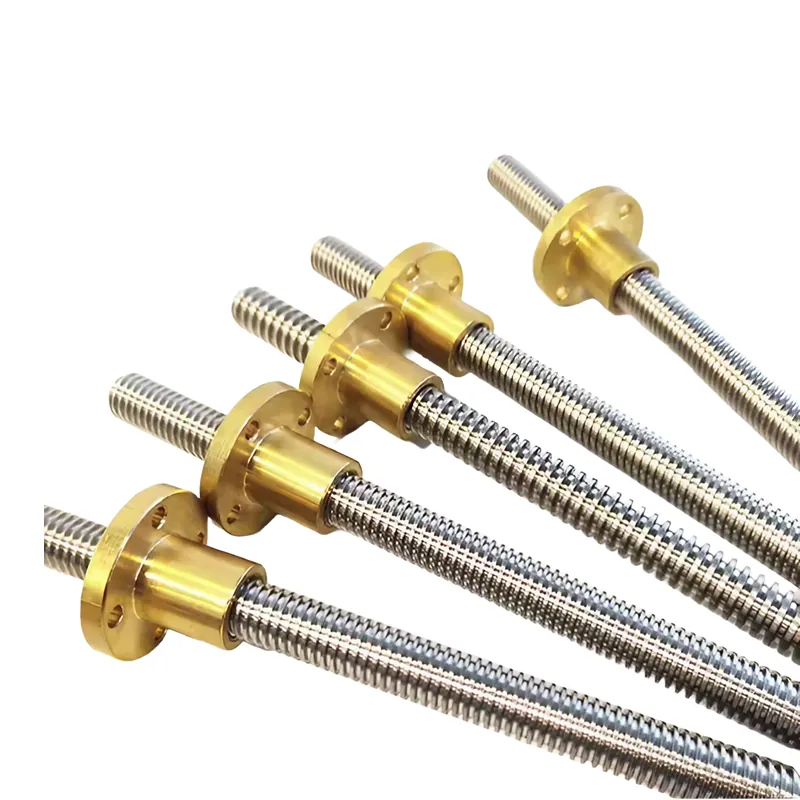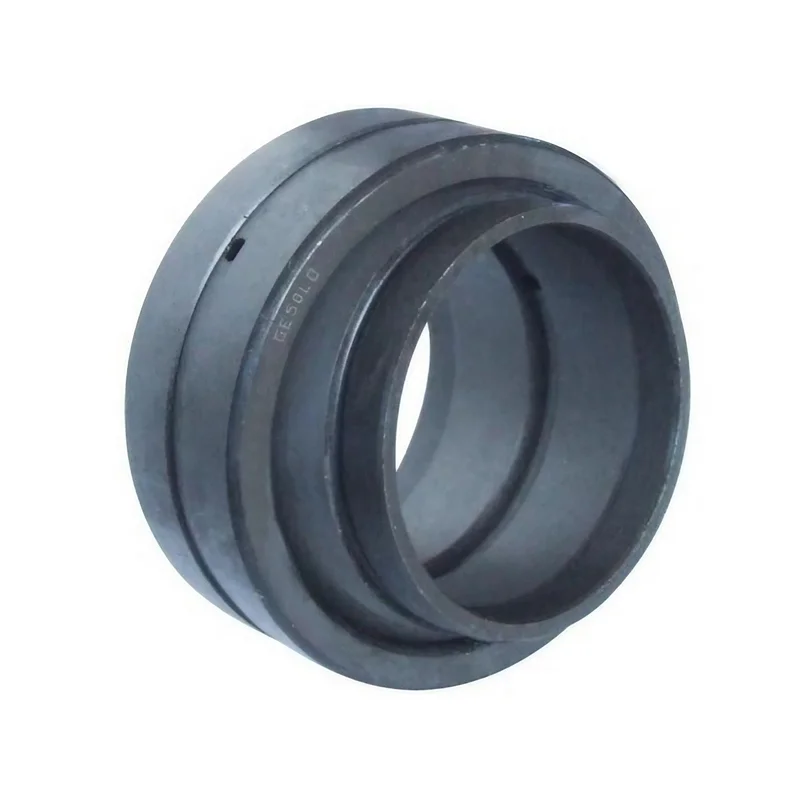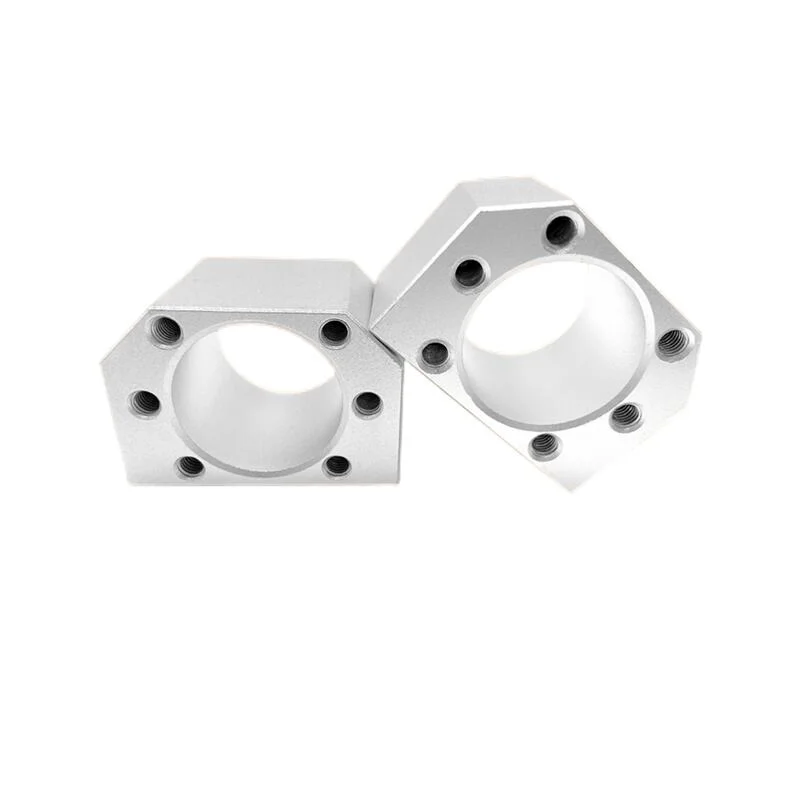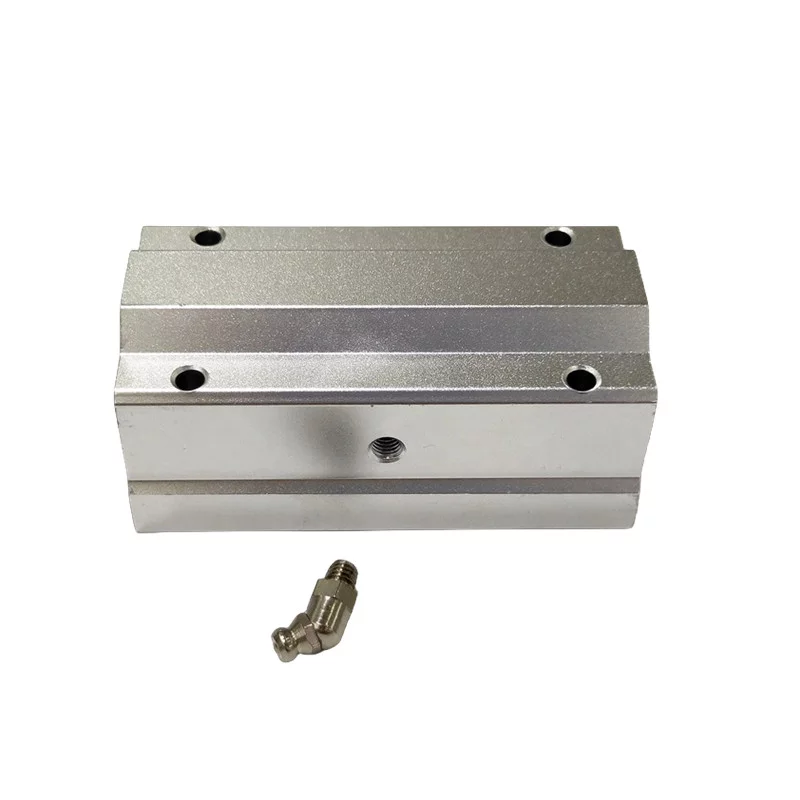SAIVS:meet your needs for bearings
Why Should You Choose SAIVS Bearing for Your Bearing Needs?
There are several benefits of working with SAIVS Bearing. Working with an experienced
bearing provider with a large inventory expands your options.
Some of the bearing options that we can source for you include:
We source bearings for a diverse range of industries, including:
Automotive industry
Oil and gas industry
Printing industry
Railway industry
Medical equipment
Material handling
Renewable energy
Tips to Protect and Maintain Your Bearings
1. Proper lubrication: Ensure that your bearings are adequately lubricated
with the appropriate type and amount of lubricant. Lubrication helps reduce friction and wear,
extending the lifespan of the bearings. Follow manufacturer guidelines for lubrication
intervals and use high-quality lubricants suitable for the specific application.
2. Regular cleaning: Keep your bearings clean by removing dirt, debris, and contaminants that
can cause damage or hinder performance. Use a soft cloth or brush to gently clean the
bearing surfaces, taking care not to scratch or damage them.
3. Correct installation: Ensure proper installation of bearings by following manufacturer
instructions or consulting with a professional if needed. Improper installation can lead
to premature failure or reduced performance. Pay attention to factors such
as mounting techniques, torque specifications, and alignment.
4. Protection from moisture and corrosion: Protect your bearings from moisture,
water ingress, and corrosive environments as these can significantly impact their
performance and lifespan. Consider using seals or shields to prevent
contaminants from entering the bearing housing.
5. Regular inspection: Perform regular visual inspections of your bearings for
signs of wear, damage, or abnormal operating conditions such as overheating or noise.
Catching potential issues early can help prevent major failures and minimize downtime.
Remember that specific maintenance requirements may vary depending on the type of
bearing used (e.g., ball bearings vs roller bearings) as well as the application
they are used in (e.g., industrial machinery vs automotive). It's always best to consult
with manufacturers' guidelines for specific recommendations tailored to your equipment's needs.
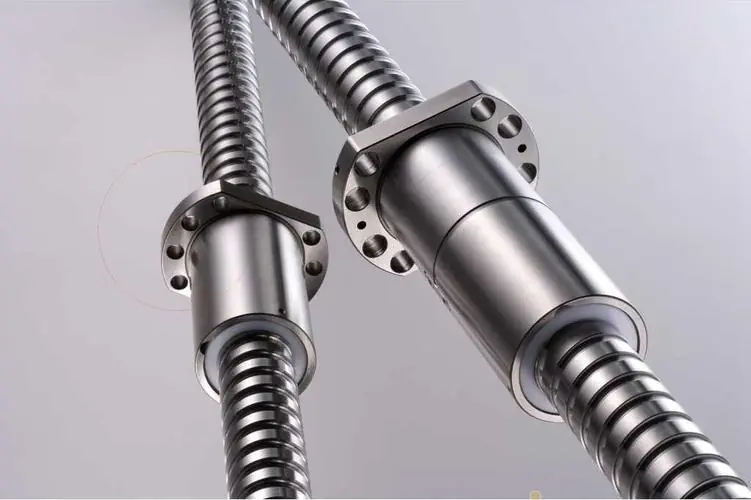 Why Precision Ball Screws are Vital for Industrial Automation and How to Choose the Right Supplier
Why Precision Ball Screws are Vital for Industrial Automation and How to Choose the Right Supplier
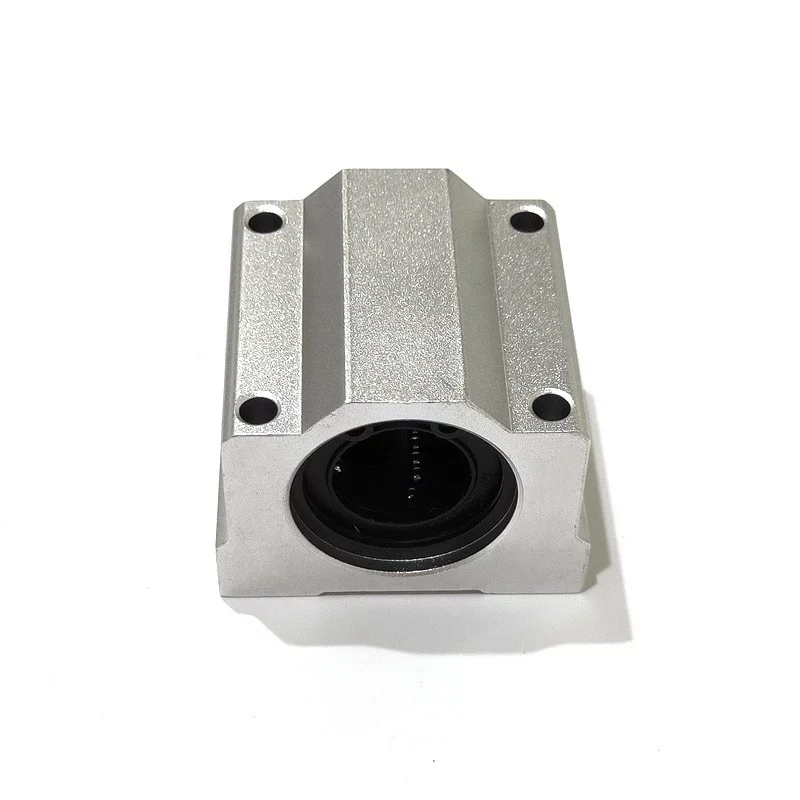 SAIVS Linear Motion Ball Slide Units – Precision and Reliability for Your CNC Needs
SAIVS Linear Motion Ball Slide Units – Precision and Reliability for Your CNC Needs
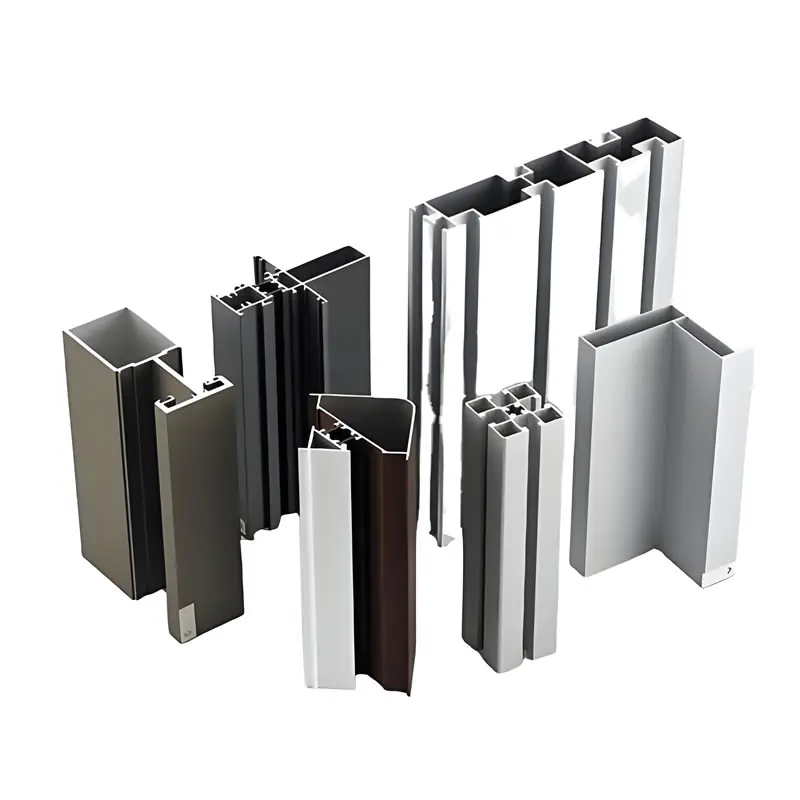 High - Quality T - Slot Aluminum Extrusion Profiles from Ningbo SAIVS Machinery Co., Ltd
High - Quality T - Slot Aluminum Extrusion Profiles from Ningbo SAIVS Machinery Co., Ltd
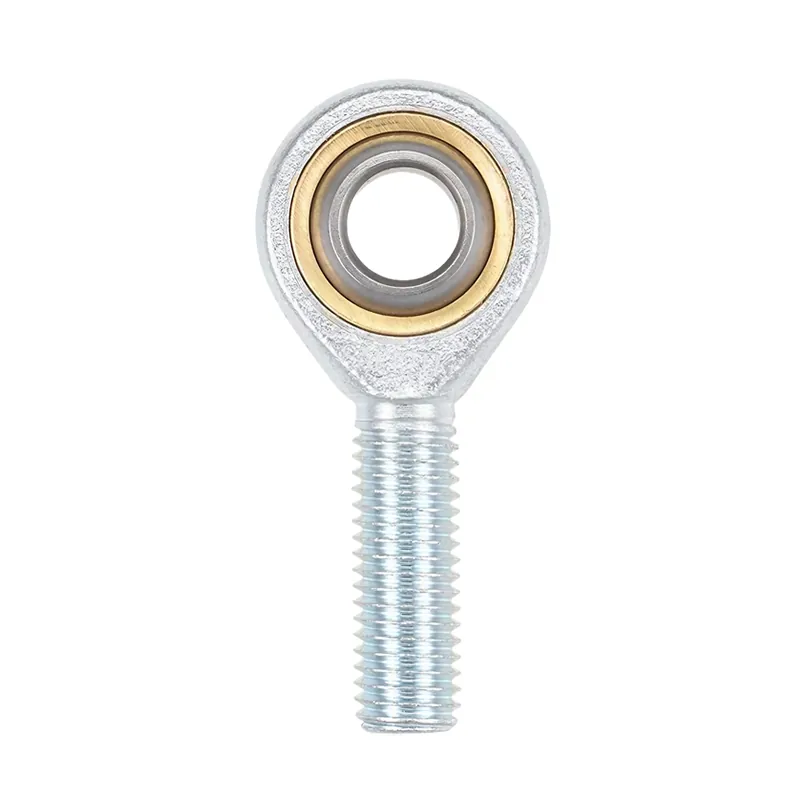 Enhance Industrial Efficiency with Premium Cylinder End Bearings from SAIVS
Enhance Industrial Efficiency with Premium Cylinder End Bearings from SAIVS

